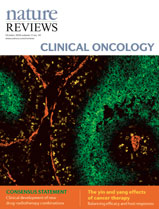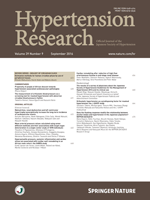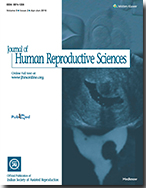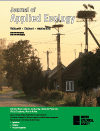 A California court ruled that fitness empire CrossFit can proceed to trial with its lawsuit against a competitor, alleging it published falsified data that hurt the company’s reputation, according to recently released court documents.
A California court ruled that fitness empire CrossFit can proceed to trial with its lawsuit against a competitor, alleging it published falsified data that hurt the company’s reputation, according to recently released court documents.
The case pits the popular for-profit CrossFit brand against the non-profit National Strength and Conditioning Association (NSCA), which published the 2013 study in question.
CrossFit claims it lost upwards of $8 million afer researchers concluded that 16 percent of CrossFit participants in a small study left the exercise program because of injury. However, in a 2015 erratum, the authors – led by Steven T. Devor, director of the Exercise Science Laboratory at The Ohio State University — noted that follow up showed only 2 participants out of the 11 drop-outs mentioned their health as a reason.
The study appeared in the Journal of Strength & Conditioning Research, published by CrossFit competitor NSCA, which also promotes fitness programs. CrossFit claims the results in the paper cost it revenues from people paying for seminars at CrossFit, Inc. affiliate gyms.
“CrossFit is now eager to go to trial. More eager than ever,” a CrossFit spokesperson told Retraction Watch: Continue reading CrossFit can sue over error in paper it claims cost the brand millions

 A second paper about a major randomized trial in Japanese patients with heart disease is being retracted, after an investigation reportedly found multiple problems with the paper.
A second paper about a major randomized trial in Japanese patients with heart disease is being retracted, after an investigation reportedly found multiple problems with the paper.
 The University of Cologne has conducted an investigation into the research of Tina Wenz, and determined that six papers should be pulled due to scientific misconduct.
The University of Cologne has conducted an investigation into the research of Tina Wenz, and determined that six papers should be pulled due to scientific misconduct.

 After the first author of a debated study about the benefits of positioning your body in an assertive ways — the so-called “power pose” —
After the first author of a debated study about the benefits of positioning your body in an assertive ways — the so-called “power pose” — 
 The last author of a 1999 paper has asked the journal to retract it less than one month after a user
The last author of a 1999 paper has asked the journal to retract it less than one month after a user